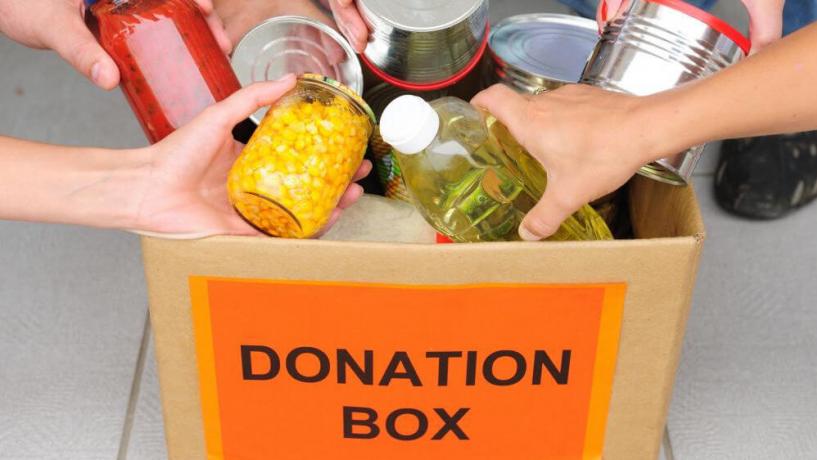
In emergency situations, many people wish to donate items to the victims. Often, food is asked for, and food donations pour in from individuals as well as dining establishments.
The problem is, many of those foods spoil very quickly and either can’t be used or cause food poisoning.
Obviously, you wouldn’t want to make someone sick, especially when they are already going through an emergency. If you follow safety precautions, you can make sure you don’t cause any problems with the food you chose to donate.
Avoid Food that Spoils Quickly
Certain items must be avoided because they can spoil so quickly when they are left out of the refrigerator. The big problem is that many of these items don’t smell or look funny, even when they are dangerous. When you choose foods to donate to emergency workers or to victims of that emergency, don’t bring in the following items:
- Sandwiches
- Cold Cut Meats
- Soup
- Casserole
- Egg-Based Products
If a food needs to be refrigerated or kept warm, it isn’t appropriate to donate at all because it needs to be consumed immediately. Often, these items will need to sit for several hours or even a day before they will be given out, and this can create dangerous situations.
What Foods to Donate
Ideally, anything you donate will keep for a while before it can be consumed. Even better, choose foods that have long expiration dates so that they can sit on a shelf for a while if needed. Good options include:
- Canned goods like vegetables and meats (as long as the cans aren’t damaged or bent)
- Baby food in sealed glass jars
- Instant Coffee
- Dry goods like rice or beans
- Cereals
- Peanut butter
- Granola or granola bars
- Boxed food mixes
- Bottled water
Always try to think of foods that will last without becoming a danger. If you do choose to cook and provide hot meals, you should indicate that they must be kept hot or refrigerated. Some donation centres will take instructions on keeping the food safe.
The best thing to do before donating food during an emergency is to ask what items are requested. Sometimes, your immediate thought is foods they already have an abundance of. Once you ask, you can have a better idea of what items are actually needed. Make sure you choose items that won’t spoil and make anyone sick. This especially includes cold meats and mayonnaise or egg-based products.





